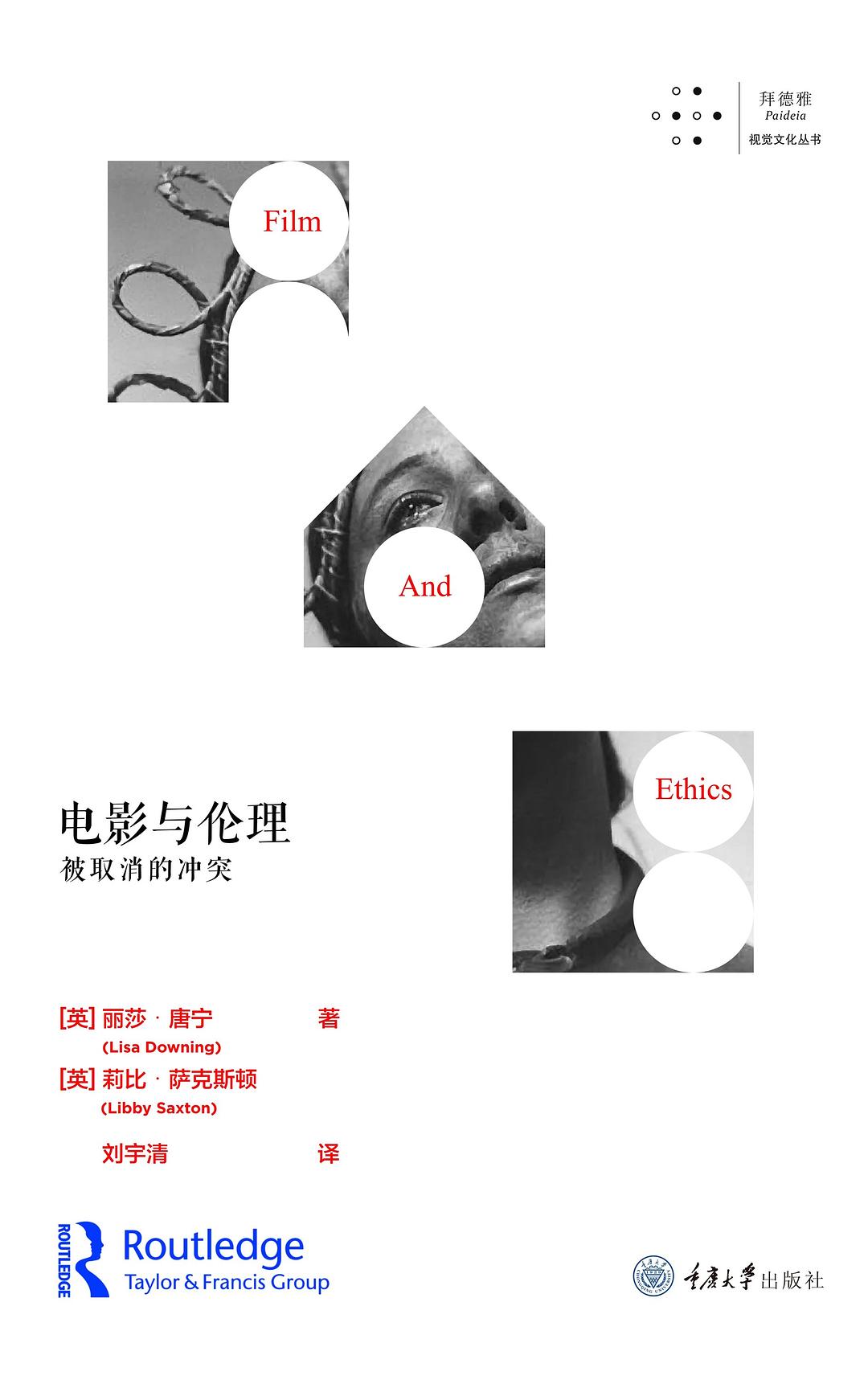WULOLIFE
《电影与伦理:被取消的冲突》作者: [英]丽莎·唐宁 / [英]莉比·萨克斯顿 出版社: 拜德雅 | 重庆大学出版社
《电影与伦理:被取消的冲突》作者: [英]丽莎·唐宁 / [英]莉比·萨克斯顿 出版社: 拜德雅 | 重庆大学出版社
Couldn't load pickup availability
Description
内容简介 · · · · · ·
-编辑推荐-
★ 希区柯克与精神分析?
★《末路狂花》与女性主义?
★《杀死比尔》与后现代主义?
★《异形》与后人类主义?
从电影诞生时起,围绕电影的伦理争论就没有停息过。从是否应该在电影中展现接吻,到如何正确地表达暴力;从电影分级的标准,到私人生活的呈现方式,伦理问题伴随着世界电影每个历史时期。
然而,电影研究却迟迟不愿明确采用伦理学来观照电电影批评中这种“被取消的冲突”。本书致力于填补这个空白,既要描述这个领域的关键议题,也要为将来的研究建议方向。
-内容简介-
近年来,国际电影学界出现了重申伦理学的研究趋势,相关成果不断出版。本书就是其中最早的一项重要研究。在后结构主义思想影响下,本书呈现了电影研究的两个基本维度:
其一,电影学术研究日渐被伦理问题抢先占据,电影人已经通过各种方式回应了挑战——充分地表现同一性、差异性以及自我与他者的关系。
其二,随着电影实践的发展,观看行为本身也被含蓄地设定在各种理论线索中。
同时,本书又是由两位学者共同创作的。在各个章节中,读者可能会看到截然不同的观点。关于他者性和责任的伦理深刻地影响了萨克斯顿的理论思考,而唐宁却常常在深受精神分析和酷儿理论影响的激进哲的反社会的和自我导向的能量中探索伦理问题。因此,本书不仅对伦理思想与电影的关系提供介绍和反思,而且呈现明显相反的观点之间的一系列冲突,拒绝抹平在处理差异和歧见时必然面临的伦理难题。
